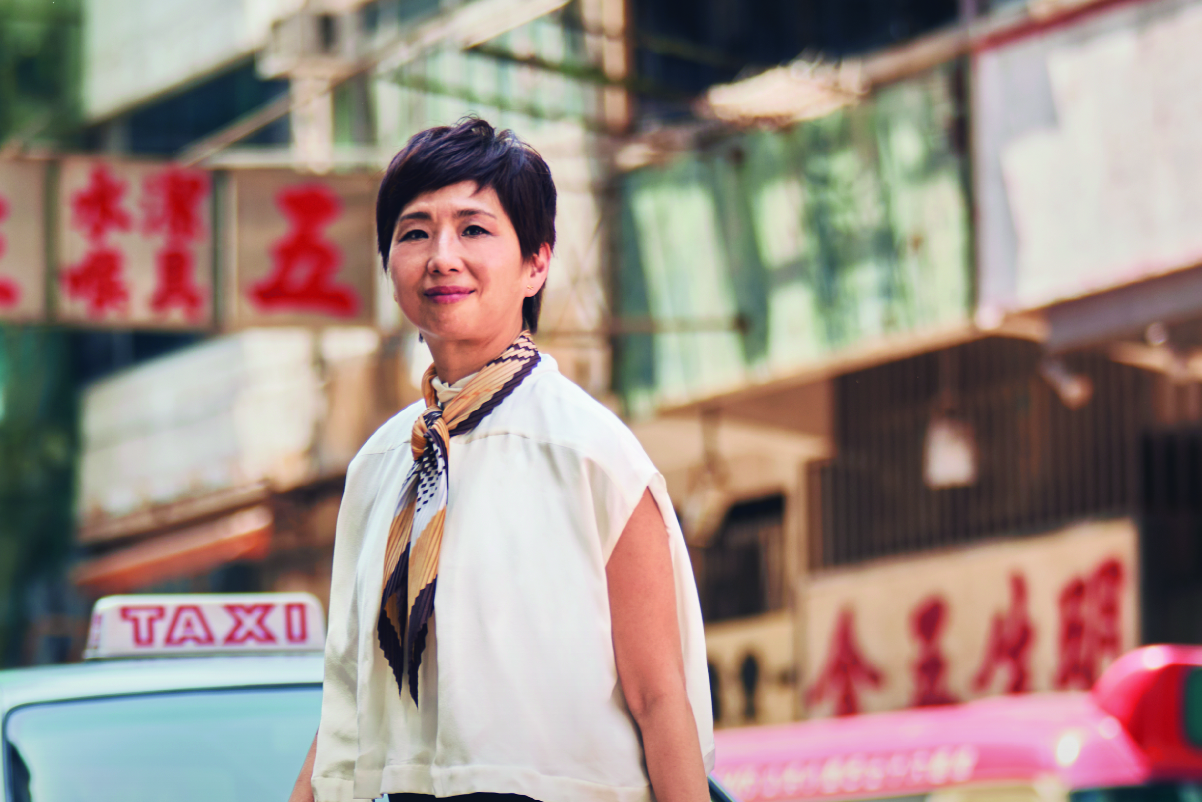Peninsula Hotels Treads a Delicate Balance Marketing in Hyper-Critical Mediascape

Skift Take
Success in luxury hotel marketing was a little more black and white before the world became more woke. That's the reality facing The Peninsula Hotels, which last week launched its Peninsula Perspectives campaign. A review of three ads from the campaign — set in Hong Kong, Istanbul, and London — reveals the high bar for success facing all luxury brands in marketing in an evolving media era.
Peninsula received acclaim in the early 2000s for static ad campaigns like “Portraits of Peninsula." Celebrity photographer Annie Leibovitz was given free rein to capture the day-to-day of doormen, room attendants, and others, in a mesmerizing black and white shots.
Those campaigns included staff, such as the iconic Peninsula pageboys, bedecked in immaculate white uniforms and pillbox hats inspired by military uniforms of the Victorian Era, as they served requests of all kinds from the five-star hotel’s guests.
But social expectations have evolved since then — and so has the need for luxury hotel marketers to level up their game when it comes to storytelling.

Today, Hilton and several other hotel brands, such as Four Seasons and InterContinental Hotel Group, have spotlighted their talent as “heroes” on social platforms. Hotel New York, for example, focuses on a behind-the-scenes approach to social media. It introduces employees as they have fun on the job for “likes” from travelers and as a recruitment mechanism for staffing. Virgin Hotels even programs its guest app Lucy with location-specific activity recommendations and walking maps curated by local staff.
As Peninsula celebrates 95 years and the opening of two hotels in 2023 (London and Istanbul) those two cities and the brand’s flagship location in Hong Kong are featured in a new campaign that the company released last week. “Peninsula Perspectives” includes print ads and the brand’s first video spots (20-second and 2-minute versions for each locale).
This time, instead of featuring employees in hotel interiors performing typically unheralded day-to-day tasks, the polished spots feature talent exploring their cities and after-work extracurriculars.
Vice president and director of marketing and communications Carson Glover said the value of employees as “heroes” and “protagonists.”
“People travel to see new places and explore, broaden their horizons. We wanted to showcase more than our employees’ spirit and authenticity of who they are – what all of these cities have to offer came into play, and who better to do that than our employees?” Glover said. “People are looking to be inspired when they plan their travel, and we’re doing that by telling a story that isn’t your typical approach to marketing luxury hotels.”
Glover is correct. Geographically and artistically, the work from Manila photographer Francisco Guerrero and the videos created by Hong Kong-based creative agency Carbon skew farther afield than typical hotel b-roll.
In fact, the hotels themselves aren’t featured at all. But if it’s the right approach remains to be seen as the campaign continues to roll out. (The exact placement plan is ongoing.)
Hong Kong
In Hong Kong, viewers meet Connie Lo performing a role that’s untraditional for women to hold: that of a hotel chauffeur. The metaphor begins as she takes the wheel – in control, charting her own path.
In the spot, viewers get to tag along as Lo is out of a starched uniform, hiking to a summit outside of the city. The footage is beautiful and conveys a sense of movement and energy, tailor-made for an audience that adores National Geographic documentaries.
“A lot of people think of Hong Kong as an incredibly densely populated, highly urban, vertical city. But when you look at our campaign, we've shared a side of the city that not a lot of people may know about – this incredible natural beauty,” said Glover. “In Hong Kong, you can't go a day without seeing nature, the mountains, the ocean. And that's quite special and important for us to share with people so they can feel inspired and excited to travel.”
But the soaring drone footage illustrating Lo’s childhood dreams to explore glaciers vacillates from China to a snow-capped polar climate, perhaps a bit too ambitious to keep her short story on track in just two minutes. And a voiceover describing herself as an adventurous “little girl with a dirty face and scuffed legs” has a rags-to-riches implication that could strike some as the wrong chord when looking for an escapist experience at a luxury hotel. Another voiceover that describes Lo finding joy “in service to others” could also raise an eyebrow or two, given its implications of servitude.
What might have made the story resonate more impactfully would have been footage of Lo conversing and connecting with a hotel guest on a drive. The Hong Kong spot has more of a feeling of solitude than connection – and the parting shot of Lo in the middle of a concrete jungle isn’t synonymous with a 5-star experience.
Istanbul
The hospitality conversation revolves around authenticity more than even three years ago, says Glover.
“We know that our guests really love to hear about, understand, and immerse themselves more than ever before in the cities we are in,” he said.
The best execution of this in the new campaign is in Istanbul, where despite not having The Peninsula Istanbul open yet – or a legacy in that market – director of rooms Janset Barlas brings the city to life with a natural presence before the camera. Her voiceover and footage check all of the right boxes when it comes to experiential marketing: taste (her grandma’s cherry pie and tea), sound (birds singing and call to prayer), and sight (flowers and curio shops).
While the multilinguist performs her own English voiceover, however, the language reads more scripted than organic.
In a country in the spotlight for its increasingly faced political and economic woes, her perspective seems overly sunny. While her assertion that “every neighbor is a friend” is unlikely true, the Peninsula’s prime location hugging the Bosphorus is bound to make more than a few temporary residents.
London
American artist and activist Tatyana Fazlalizadeh wrote a whole book out of the concept of “Stop Telling Women to Smile” as a form of harassment. But in the case of London Peninsula director of services Pamini Hemaprabha, a little smile may go a long way.
The two-minute spot about daring to tread outside of the expectations of her family and native culture’s expectations is more about determination than the warm and fuzzies. (The 20-second spot is more cleverly edited to stack glimpses of a frown turned upside down.
Sure, it has an authentic vibe – escaping “the life that was chosen for us” is a serious matter, and a compelling story. Hemaprabha’s tale begins artfully with the opening of a keepsake box. Mementos and yellowed family photos are lovingly stashed away, memories of a life left behind. Hemaprabha’s hands gracefully fold a sari.
But if part of travel is escapism, the London spot may skew a bit closer to home than potential guests may care for. Touting her “fierce independence,” Hemaprabha puts on a blazer meant for business, and heels to match to wander London’s streets.
What will reverberate here is likely to be the heels on the stone, not the emotional impression left.





